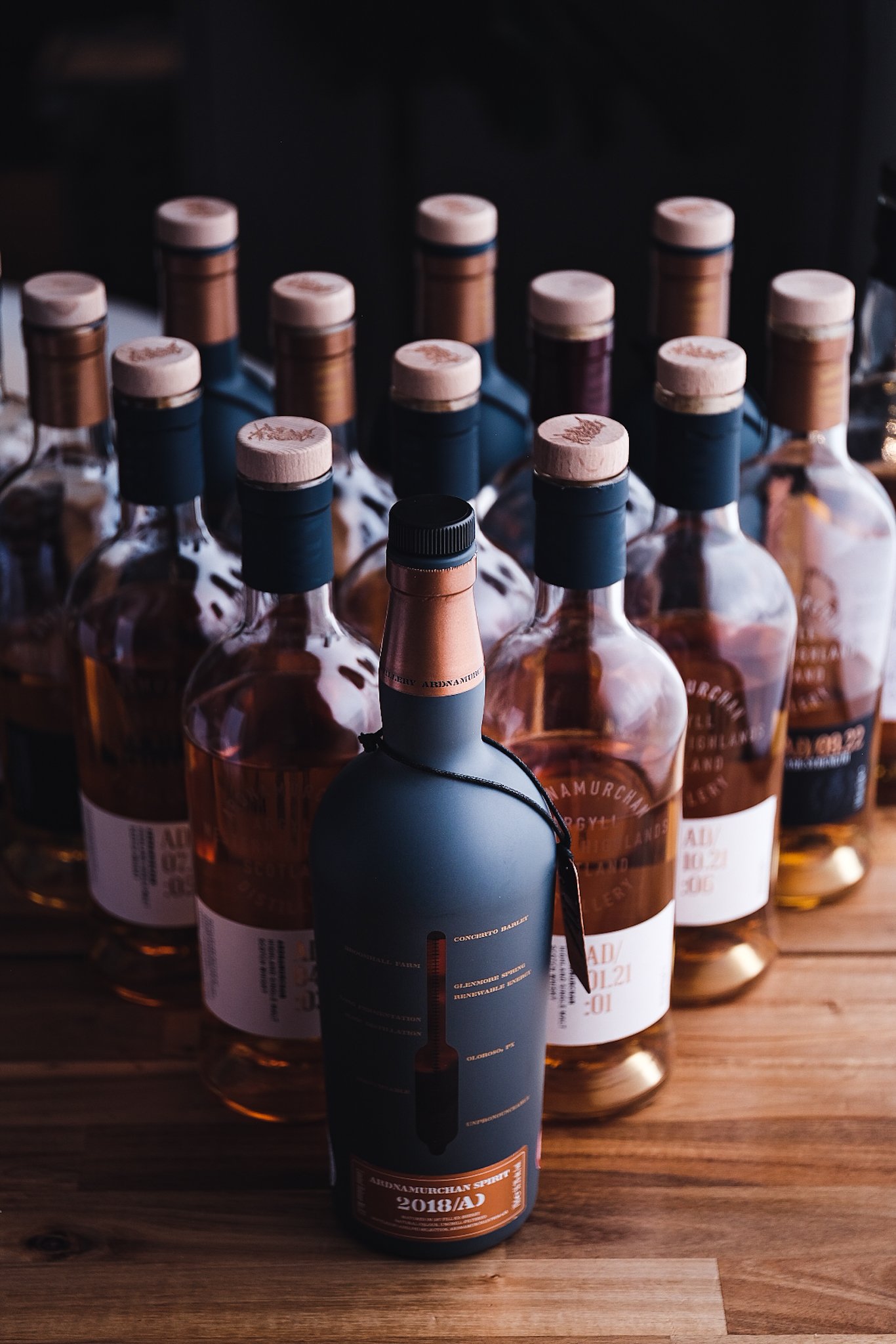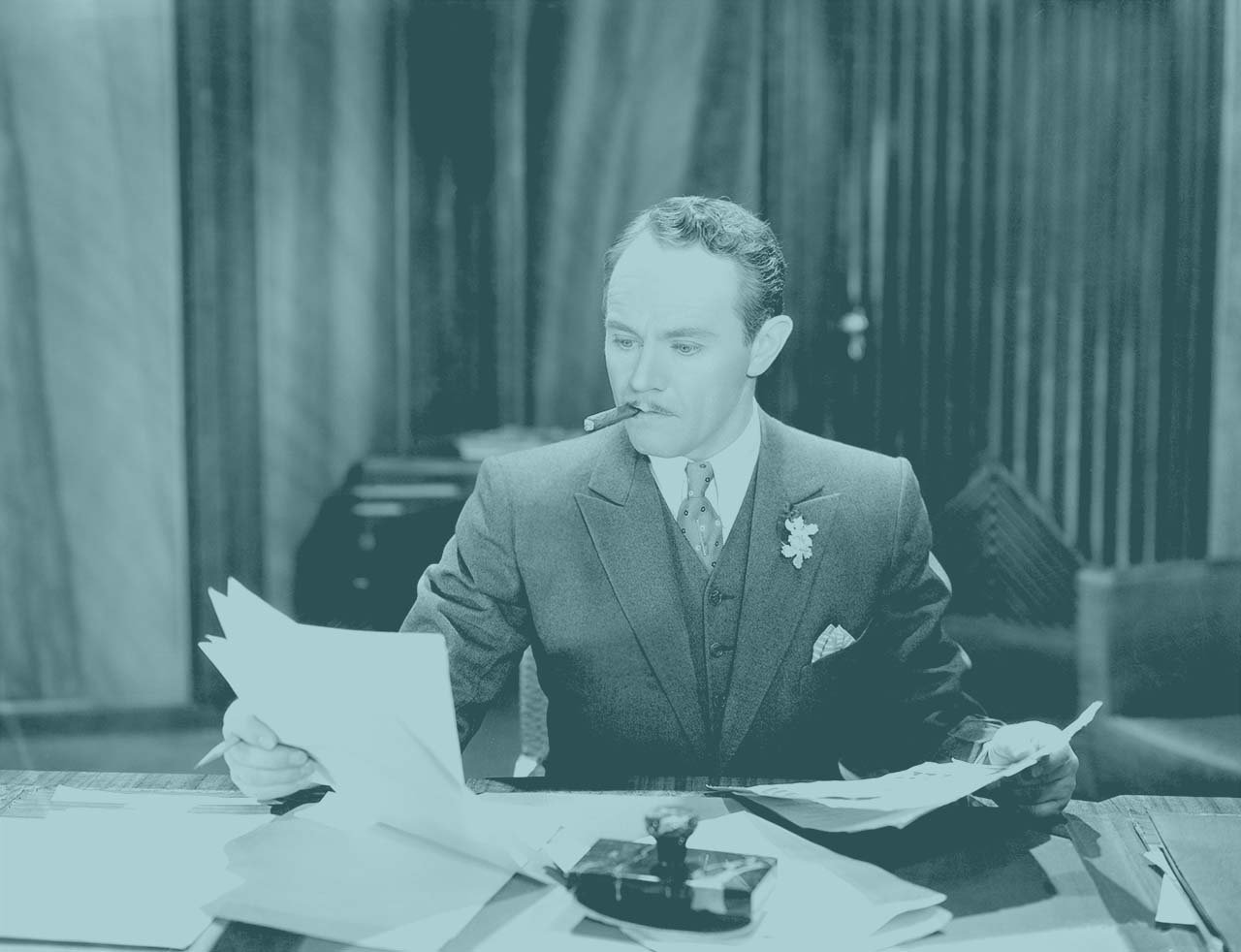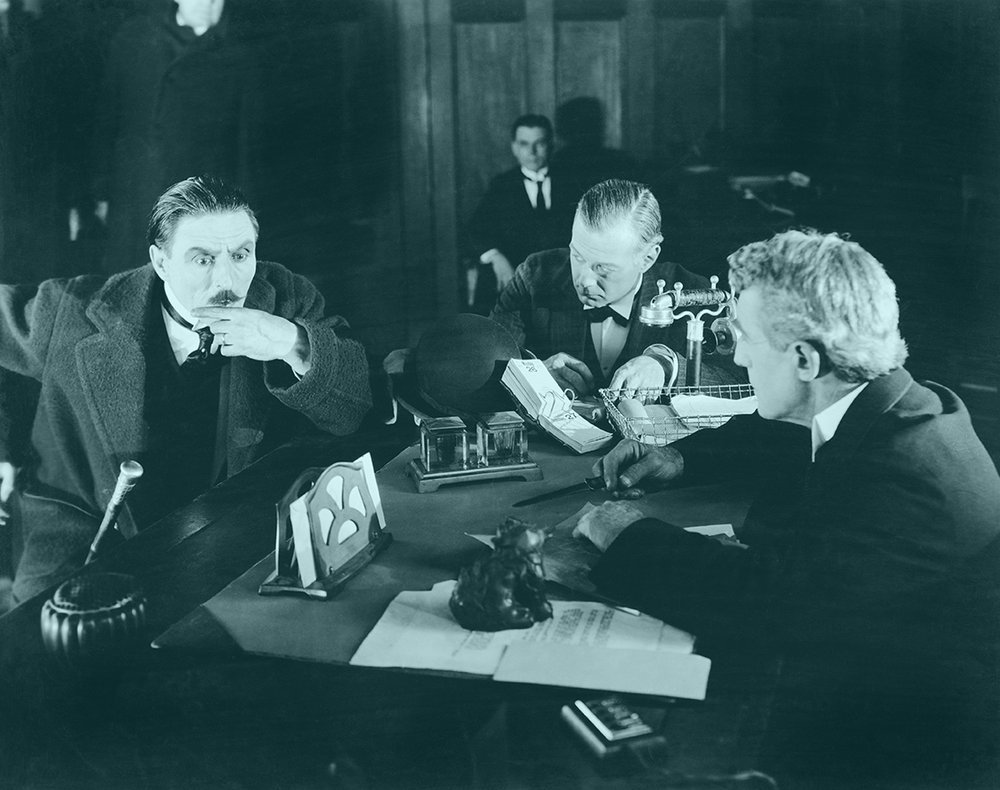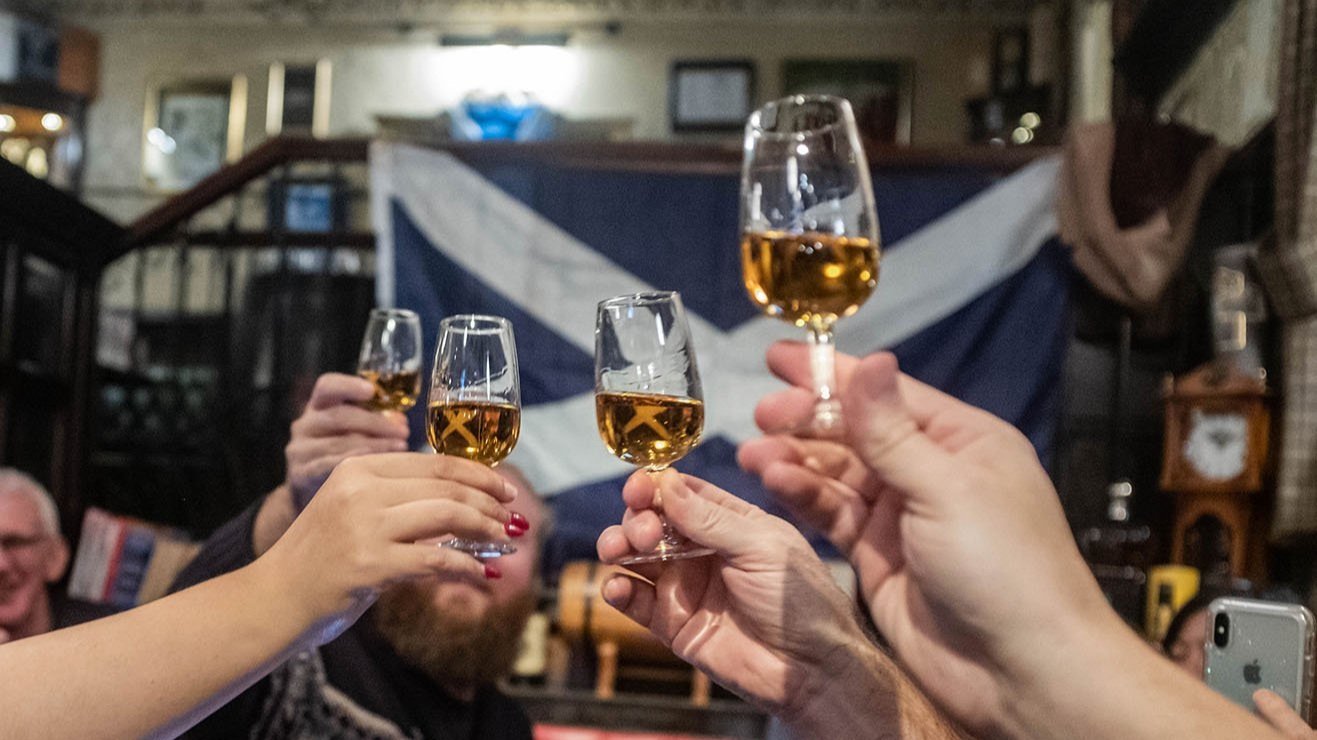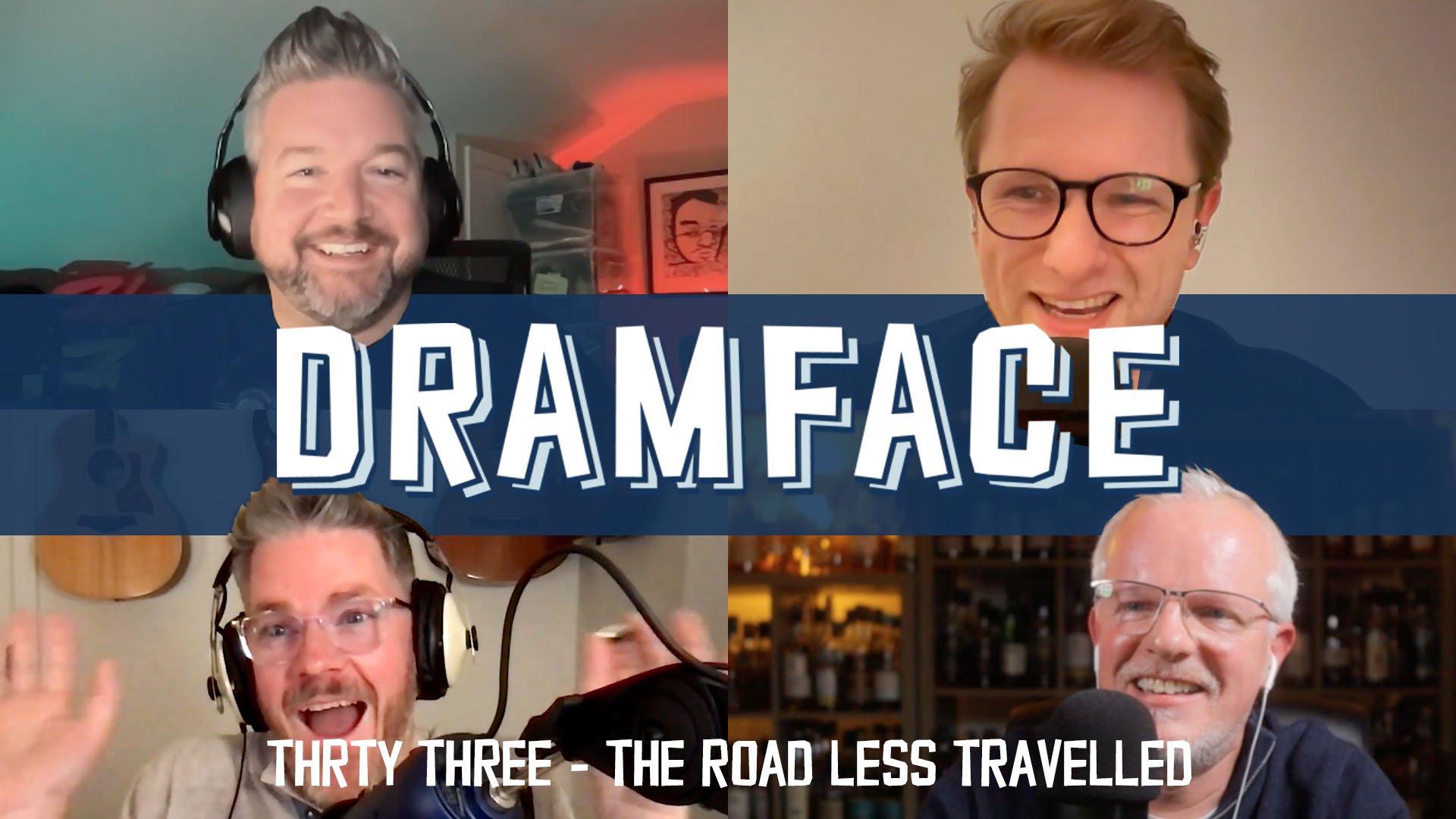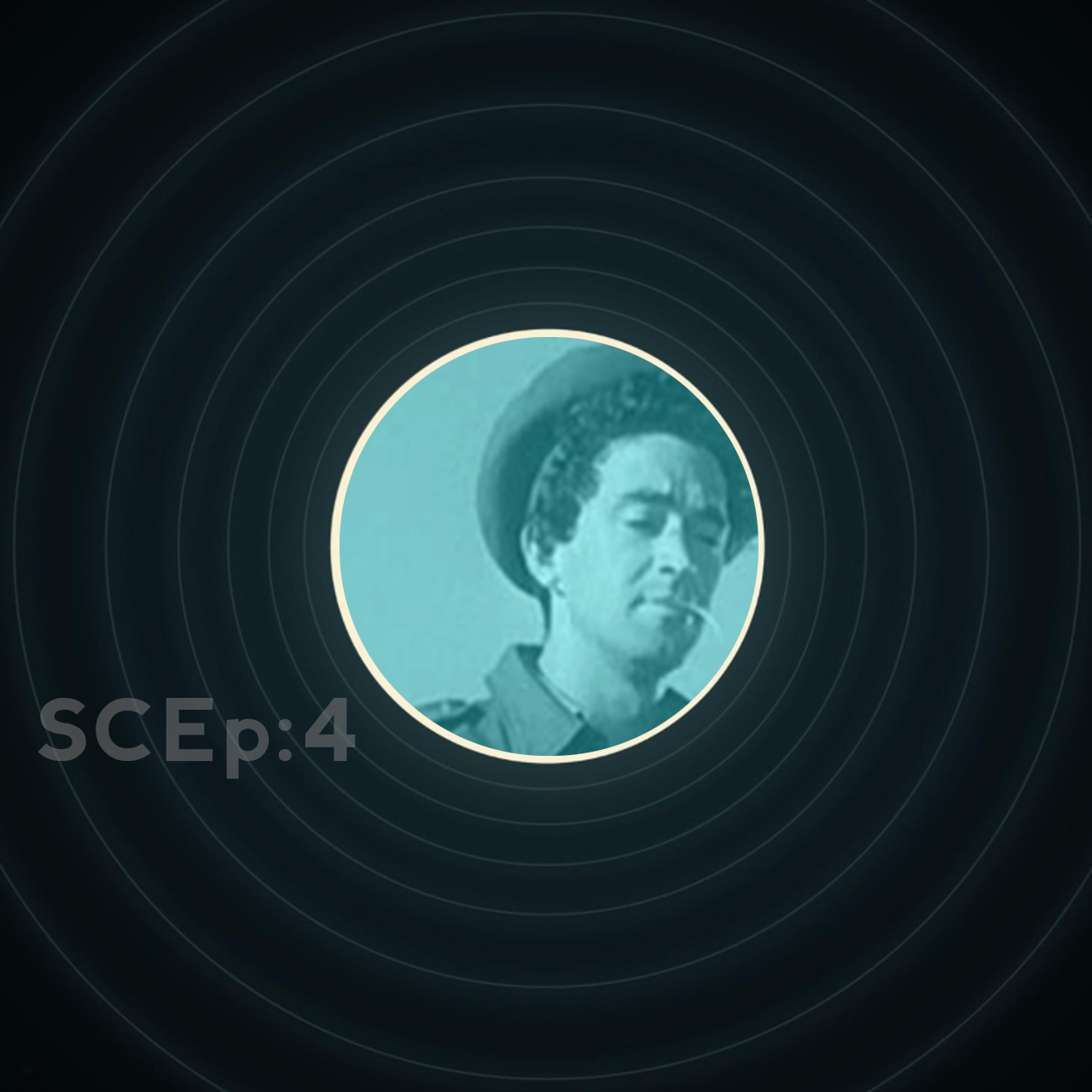Think Twice
Should Anyone and Everyone Be Buying Bulk Whisky?
Okay. No names. No pack drill. And no filler.
Thinking of purchasing some of that sweet, sweet - and very cheap - bulk whisky?
I need to share some thoughts. But first, and somewhat connected to my perspectives today, I need to begin with a small address in reference to the last article of mine published on Dramface.
It seems some kindly folk got the impression that I was either besmirching, or having a go at, the good folk at Woodrow’s (not something that they themselves actually accused me of by the way) or that I, and other writers on this site, are in some way ill-informed keyboard warriors - chucking out utterances, hearsay, nonsense and filler.
I care little about defending myself, but I think it may help for the readers to know that there is an eye-watering variation and level of experience within the writers and the global team behind Dramface. A depth that allows an enormous diversity of opinion, views and life experiences relevant to the portraying and relaying of the marvel that lies behind our wonderful drink.
Some of us are fairly new, allowing a relatable approach without stuffiness, preconceptions, or having been won-over or turned off by ‘stuff’. Some of the group, myself included, have a long and hardened liver’s worth of experience in and around the industry. We all remain united by an enduring enthusiasm for whisky at its best.
The comments from some quarters that my article was somehow groping around in a dark room, clutching at answers, made most of the Dramface team chuckle. The team would not have printed the piece if they felt in any way that the facts and figures were pure imagination.
Anyway, these days the independent bottling world faces evils other than bargain-basement bottlers. It’s 2025. There are also bargain-basement cask and bulk liquid suppliers.
But first, a little history lesson.
The independent bottling world, as we know it, is really only two or three decades old. Pre-1990 only Cadenhead’s, Gordon & MacPhail and the SMWS were ‘at it’. And very few in the world - we can never forget those clever flavour-hunting Italians - had any idea what an ‘independent bottler’ was. Signatory Vintage were the first company to truly see the potential for the market, and from them, the sluice opened – although slowly at first.
Small-scale bottling is the life-blood of the indie - and many enthusiasts
The business model was quite simple: buy casks of whisky and bottle them. Sometimes as a single cask (although that was rare), sometimes vatted, and sometimes blended. Whilst in the early days every bar, club, hotel, importer, retailer and strip joint could rock up and get a private bottling from an indy; the sector was almost entirely business-to-business. The distilleries were selling to brokers (limited companies), who in turn were selling to businesses (which were also limited companies). In fact, you had to be a limited company - and VAT registered - to get a WOWGR. This Warehousekeepers and Owners of Warehoused Goods Regulations license, allowed businesses to store and move goods in bonded warehouses without paying duty before sale of the goods. It wasn’t an easy piece of paper to get.
Now, let’s not kid ourselves that private individuals were not buying casks – they were. Several distilleries were selling casks direct - and many still do. But - and a few dodgy companies aside - this was rare and, more importantly, the selling was of their own wares in a sanctioned and managed manner. There is no issue with Joe Public owning casks. Controlled correctly, so that everyone understands the risks and limitations – knock yourself out.
In fact, without these sales, many of the new distilleries would have struggled. Even Arran, back in 1995/6, relied heavily on private cask sales to keep the stills bubbling. Buying casks in this way has significant advantages. You know exactly the provenance of the whisky that lies within and you have a strong level of confidence in your security of ownership.
Then, around sometime in the early 2000s, the first company came along that didn’t just allow private individuals to buy casks, it started sending out lists – gathering a portfolio of anyone and everyone along the way - and selling lots and lots and lots of casks to this list of everyone and anyone. This, in itself, wasn’t a problem; but more on this company a little later.
First, we need to talk about regulation. His Majesty’s Revenue and Customs (HMRC) might have something to say about bulk buying of spirits. If you were to be tempted to partake in such fun, you should be aware that they might be very interested to know about your little collection of whisky in wood. I heard a nice little analogy recently that fits. For private individuals, owning casks is a bit like having cannabis plants; HMRC doesn't specify a cut-off point for how many you are permitted to have before they consider you a trader who should be registered with HMRC.
Okay, so maybe you’re not a trader, maybe you’re just a whisky fan and you fancy grabbing one of those tempting, super-cheap casks that are likely to become more available as warehouses bulge and production levels are throttled back. Quite apart from the third-party and ownership risks and implications we’ve touched upon above, there are other things we should consider.
You see, actual ‘traders’ - legitimate, earnest independent bottlers, registered and covered by their WOWGR privileges, have always made their money on a per bottle profit. To sell one cask is just one transaction. To sell the bottled contents, well, that could be hundreds of transactions – much more complex. This entails building a brand with design costs, packaging costs, bottling costs, storage costs, admin costs, transport costs etc. This, in turn, means representation - showing the brand at festivals, tastings, shops, clubs, bars, and so on. It means importers and distributors taking a margin before the retailer takes theirs. It means thought, consideration, work, talent, effort, personality, choice, selection, desire, ambition, people and perseverance.
Compare this to recent news where ‘tankers’ of whisky are made available for sale at quite incredible prices; made possible largely through privileged access and quickly by-passing most or all of the aforementioned. As an example, a recent price touted on a public-facing Facebook page was £6.49 per litre - meaning, we’re told, around £824 per 200 litre barrel at 63.5%. You may be surprised to hear that many of your favourite distillers can’t even make their whisky for less than £6.50 per litre/OLA. Underselling is just as dangerous to the health of the whisky industry as overselling.
A whisky tanker arriving at a broker’s warehouse, according to AI
Can we respectfully agree that dumping bulk whisky online for sale to anyone and everyone requires almost none of the above-mentioned infrastructure? Sure, there is admin (pffft), and you need a warehouse – which is great because you can keep charging rent after selling the cask - but that’s it. Little guarantee that the whisky is any good. Less accountability, representation, drive, passion, talent, personality, choice and so on.
It reduces this wonderful drink to a base commodity – in the very worst way. And more than that; the sale of (very) cheap booze just sticks two fingers up to every indy that ever worked their bloody socks off, making the sector as vibrant as it is today. Let me clarify that a bit. Without the quality-control focussed indy bottlers grinding it out at the festivals, tastings, bars, societies and clubs - giving of their time, effort and talent, there wouldn’t be a public out there wanting a cask of whisky in the first place.
In other words: “Could you indies keep up all the good work, it's helping me sell this swill real easy.”
Let's pause our ominous visions of whisky becoming a Wild West for a moment, because there are more concerning problems that will affect all lovers of whisky; not only those who have the spare cash to gamble upon cheap bulk liquid.
In the independent bottling world, certainly for the last five to ten years, supply from the major producers - that delicious malt that we all love - has been the biggest concern. With the actual price of casks during the overheated period coming a close second, supply is the primary fear - because it dictates the life or death of independent bottling. It is a fickle and unpredictable element and most IBs do not have contracts in stone (and frankly, there are no contracts preventing a producer from just stopping supply one day – ask Gordon & MacPhail).
So, almost all indies have to play a game – or rather ‘the’ game – of buying and bottling whisky in a way that prevents too much attention from any one part of the industry. They play the game of providing their business partners in distribution and retail (and through them their end user – me and you lot) with a variety of tasty whiskies; be they different makes, ages, regions, countries and so on, to ensure they keep folk happy (within and without the industry).
Almost all Indies play this game.
However some, as we have seen, feel this industry is all about buying cheap, selling cheap and caring nothing about what effects a little short-term profiteering might have on the rest of the industry.
Let’s take an example. One large distiller recently opened their doors to indies – open in a way not seen for at least a decade, maybe more. There were, rightfully, conditions: no investment vehicles, no selling the bulk liquid on - bottled in or as a brand etc. For nearly all the IBs, this was manna from heaven, and the conditions had zero relevance as the IBs had no intention of ever selling the casks on to Joe Public. This has resulted in a plethora of decently priced, decent whisky that a great many of us have loved and continue to do so. A lot of it makes up your favourite releases from your favourite independent whisky companies right now.
Others just saw the chance of a quick profit.
Now, with tanker-loads of distillery new make being offered to anyone and everyone, feathers are well and truly ruffled. Imagine the foolhardiness of making a quick buck on a hundred casks or so, if it means the tap to thousands more casks may be turned off?
My point goes back to what Woodrow’s so rightfully stated in their post. This isn’t competition in the marketplace, it is ripping the rug from under hard-working folk’s feet. It is (another) company without representation, without any effort to support the importers, distributors, retailers, bars, clubs - all real, actual employers and jobs - whilst undercutting and screwing it up for everyone else who is trying to play the game fairly; fighting the good fight.
“Ah, but we’re just consumers. Why should we be concerned or care?”
We should all care because this brazen openness of selling another company’s output and using their brand name – a circumstance unique to the whisky industry – can lead to a dreadful knock-on for those companies that you meet and greet at the festivals, tastings, bars, clubs, gatherings and so on.
To support any firm that is pulling the chair from under these earnest people is undermining the part of the industry that most of us hold so dear – the conviviality of the drink – the ‘coming together’. If getting it cheap is all that matters, well, crack on. If we enjoy everything that comes with being a whisky drinker, and everything the industry offers, then maybe we should think twice about what we may be aiding and abetting.
It isn’t just about cheap booze.
It is much, much more than that. Those who do not contribute to the greater or wider story of the whisky industry’s health have no right gnawing away at the foundations of those who do.
All images owned by Dramface, some may be AI generated and are for illustrative purposes only.
FF
-
Dramface is free.
Its fierce independence and community-focused content is funded by that same community. We don’t do ads, sponsorships or paid-for content. If you like what we do you can support us by becoming a Dramface member for the price of a magazine.
However, if you’ve found a particular article valuable, you also have the option to make a direct donation to the writer, here: buy me a dram - you’d make their day. Thank you.
For more on Dramface and our funding read our about page here.







